House Consolidates Central Bank Digital Currency, E-Payment Bills
Rep. Cua said that currently, what the Philippines have is a patchwork of digital payment platforms and electronic money systems operated by private entities like banks.
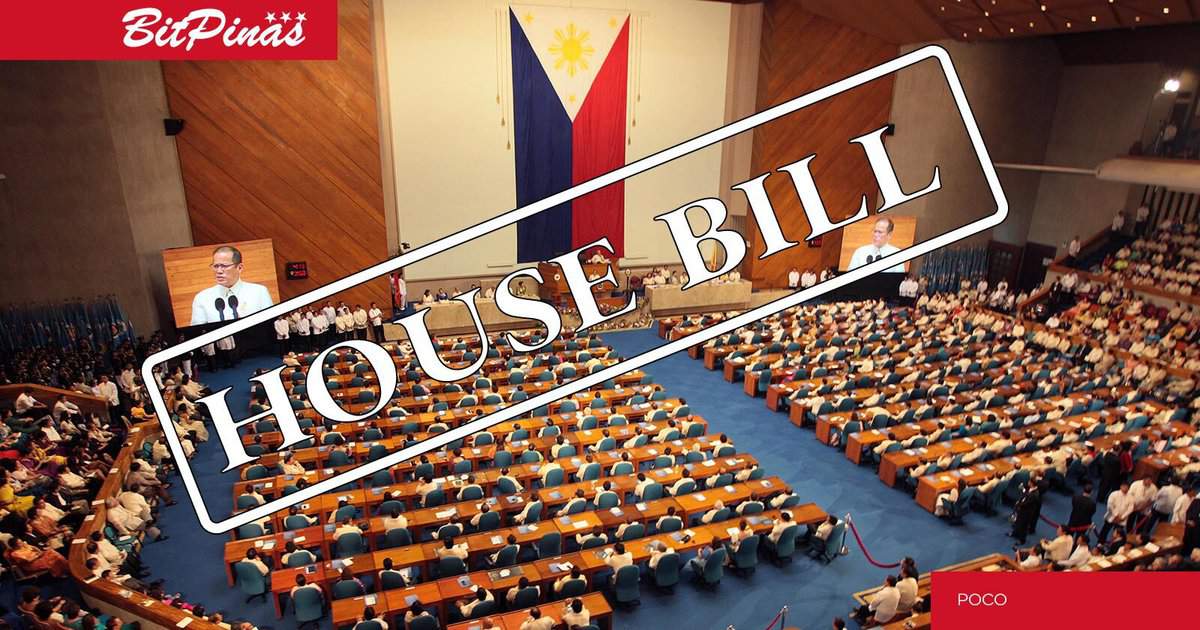
December 16, 2020 — The House of Representatives Committee on Banks and Financial Intermediaries has formed a technical working group that will consolidate 4 bills that aim to create a central bank digital currency (CBDC).
Proposal for Central Bank Digital Currency
House Bill 6646 aims to create a Bangko Sentral Digital Peso (BSDP) as a medium of exchange or as money that will be used for all digital means, such as appropriating funds. Introduced by Rep. Junie Cua to the 18th Congress, the bill recognized the current global movement towards a cashless society and the many conveniences afforded by digitalization of commerce.
According to the bill, the BSDP shall use a transaction ledger system that shall be called “log chain” to assure its authenticity and security against counterfeiting and double or multiple bookings of a single transaction.
In his explanatory note, Rep. Cua said that currently, what the Philippines have is a patchwork of digital payment platforms and electronic money systems operated by private entities like banks. Thus, the BSDP is to be created to fill that patchwork with one digital currency that is also valid legal tender. “A sovereign-backed digital currency promotes financial inclusion by enabling monetary authorities to distribute money digitally to all sectors of society,” Rep. Cua concluded.
E-Payment Adoption Proposals
House Bill 6652 aims to promote “the adoption of electronic money as a medium of exchange for financial transactions of the government and all merchants and for other purposes.” The bill proposes that local government units must require merchants within their localities to obtain and maintain an e-money payment system as a prerequisite for approval or renewal of their business permits. Likewise, national government agencies and government-owned and controlled corporations are mandated to utilize e-money among the medium of exchanges in collecting taxes, tolls, imposts and other revenues.
Rep. Jose Enrique S. Garcia III said in his explanatory note that while the Philippines is one of the countries where only 25% of people have bank accounts, there is actually no shortage of electronic payment patrons in the Philippines.
“Switching to digital and cashless payments brings convenience, ensures transparency and safety, saves time, and offers speedy value transfers,”
Rep. Jose Enrique S. Garcia III
Rep. Garcia also proposed changing the term “electronic money” to “digital payments” to accommodate more types of digital transactions.
House Bill 6716 by Rep. Ferdinand Hernandez highlighted the importance of electronic payments as the country transitions into the “new normal” amid the current global pandemic. “Electronic money transactions will no longer require the ordinary Filipino, especially the elderly who are classified as high risk, to leave the safety of their homes to buy goods, pay utility bills, remit money, or address other household needs, which may all be done online,” Rep. Fernandez said in his explanatory note.
House Bill 7130 by Ang Probinsyano Party-List Representative Alfred Delos Santos highlighted the impact of COVID-19 to the behavior of Filipinos when it comes to contactless payments. “7 out of 10 Filipinos are already using contactless payment methods more often than they did two years ago,” he said in his explanatory note, citing a study conducted by Visa Philippines.
“With the inevitability that comes with this development is the need to pass legislation to keep up with the times and ensure that the Philippine society is fully equipped to support electronic transactions”
Rep. Alfred delos Santos
No Central Bank Digital Currency During Diokno’s Term
The BSP earlier noted that it does not intend to issue its own CBDC soon. In a press briefing, Gov. Benjamin Diokno said the central bank has completed its exploratory research on the impact of CBDCs in the country’s financial system.
One key benefit of a CBDC would be the reduction in the need to print physical cash, which would lead to cost savings for the central bank, the governor said. Though he added that because the Philippine society is still cash-prevalent, this benefit is not yet needed, but it will be when digital transactions continue to increase.
Governor Diokno also said that with many central banks around the world still studying CBDCs, he noted that if the BSP issued one in the future, it won’t be within his term, which would end in 2023.
This article is published on BitPinas: House Consolidates Central Bank Digital Currency, E-Payment Bills
Source: (House of Representatives, House Committee on Banks and Financial Intermediaries)
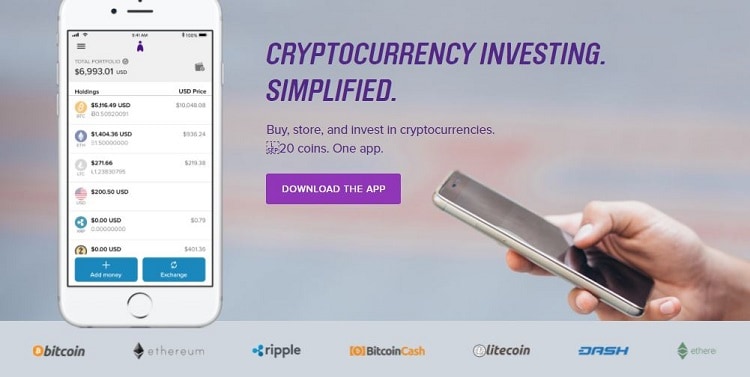

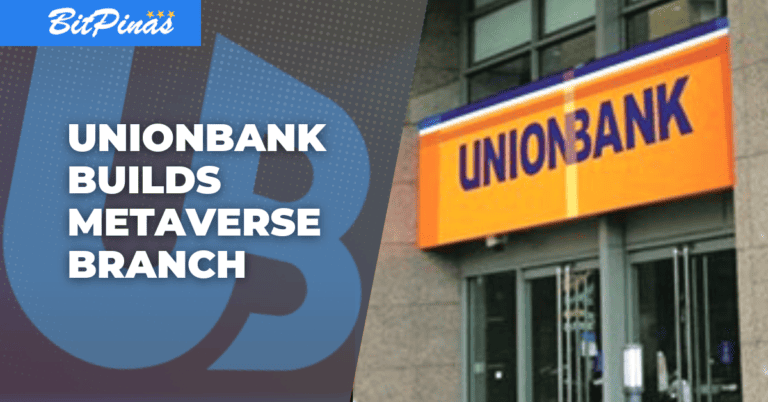
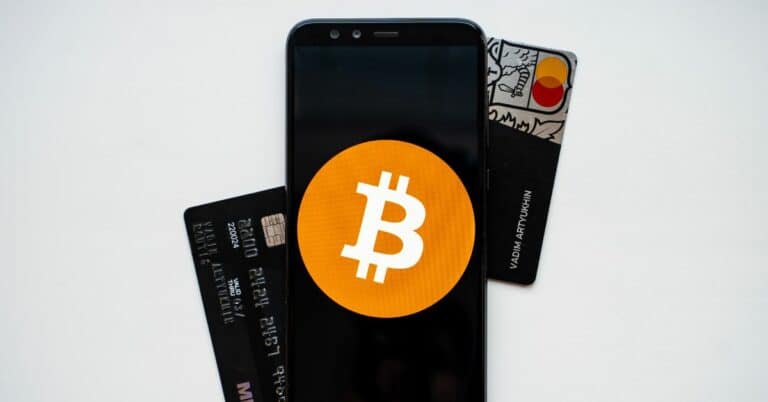
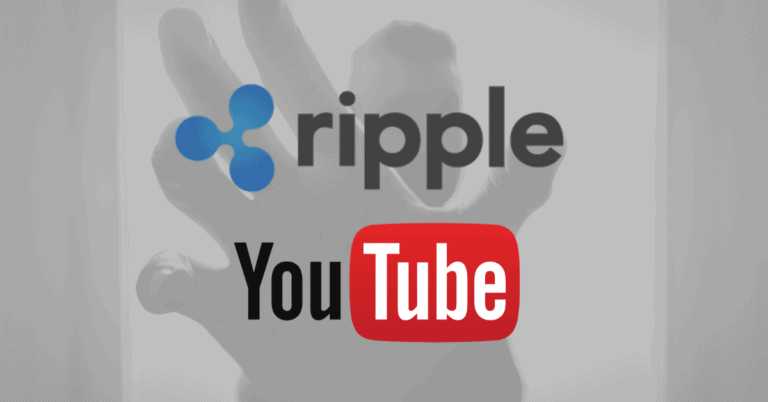

I fully agree with BSP Gov. Diokno to slow down the process. Money is too important a matter to be decided in a few meetings. More public discussion is necessary, discussion participated in by monetary economists.
The idea of introducing a CBDC while excluding others (like stablecoins) is an affront to what I call “money freedom”, the freedom to use the currency that best suits your needs. CBDC that excludes all others by law by forcing users to use it exclusively (not granting business license to businesses that don’t accept it) strengthens centralization instead of welcoming the era of competition among currencies.